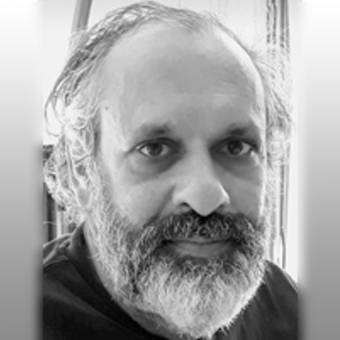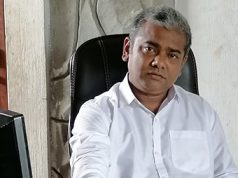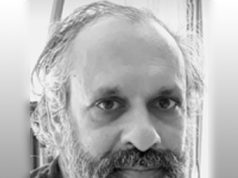Some twenty years ago, inspired by former diplomat Kishore Mabhubani’s provocative “Can Asians think?” I ventured into “Can Mauritians think?” As expected, it ruffled feathers in conservative circles. Still, “Has the world been dumbed down?” would convey a fairer observation. Although we are far from being equally infected worldwide. The extent of lazy thinking, tunnel vision and silo mentality (let us dub the phenomenon Dumbing Down Syndrome – DDS) is tributary of the environment shaping our thinking. Most of us have been influenced by an educational system disproportionately rewarding rote learning and by the political, business, intellectual and family ethos at the top in addition to a culture of subservience, probably a legacy of colonisation.
It would be misguided to pin DDS to the 1980s. But, in all likelihood, it has been catapulted in this era, as much as the rat race and the dissemination of the pena letan (busyness) affliction. Jointly with the media’s sudden bent on immediacy, the era has contributed to the assault on hindsight, nuances and variables while instilling common non-sense and acute gullibility. Under these circumstances, no exceptional talent is required to control and abuse the masses. Twisted data, buzzwords and spin, no matter how shoddy and despicable, are enough. Why then bother to implement more experiential learning to upskill the human capital and groom more discerning citizens?
In our daily routine, DDS translates into a severe disconnect from the real world. In the short run it may create an illusion of progression and even success. Ultimately frustration and potentially failure emerge for outsiders and a sense of entitlement grips insiders (while cynical outsiders get busy plotting how to join them). In that context, researcher Daniel Kahneman’s “Thinking, fast and slow” should be made compulsory reading for everyone in a leadership position, and ideally for everybody. Anyway, this message needs to get through: DDS is wired in cognitive biases that thrive on simple-minded binaries that turn us more into intuitive, rather than rational, creatures. Only an optimal and perpetual interlink between the intuitive and the rational can lead to a smart decision. Our competence to collect and filter information within and without, to adapt them to the context and to apply them is critical. We ignore this wisdom at our own risk and peril.
It is hardly surprising that philosopher Edgar Morin’s theory of complex thinking should hail from a country that draws so much popular devotion from the pontification by “an elite so willing to let fine phrases overrule hard thinking”, as economic thinker Paul Krugman puts it. As English language, the language that connects cultures and sciences worldwide, continues to fade (a very Mauritian exception) and French brand of satellite idiot box continues to conquer screens and minds, parochialism slowly but surely pollutes our once cosmopolitan spirit and mind. From there, it does not take much to lapse into irrelevance. Our perspective on the real world has been further dented by specialisation and indeed over-specialisation, with it our judgment for sound decision-making. Systemic approach is today a privilege. No “expert” has earned a bad name as much as the psychologist (of whom some have turned into trendier “coach”), the academic (not to confuse with the scholar) and the economist. In truth, nobody is spared by DDS, not even the engineer and entrepreneur, although realism is supposed to be their key driver.
The following will be news for most. The Nobel family has never been keen on attributing a Nobel Prize for economics. From 1968, Sweden’s central bank Sveriges Riksbank started sponsoring a prize in economics. That’s why it is called The Sveriges Risbank Prize in Economic Sciences in Memory of Alfred Nobel. There is no such thing as a Nobel Prize in economics even if it is awarded along genuine Nobel Prizes. What’s more, in 1974 after receiving the prize and in a seminal speech aptly named “The Pretence of Knowledge“, Friedrich von Hayek, arguably one of the finest thinkers ever even if many who claim his influence bear the hallmark of DDS victims, warned us: “…[economists] have made a mess of things…and that almost exclusive concentration on quantitatively measurable surface phenomena has produced a policy which has made matters worse…” He further added “if I had been consulted whether to establish a Nobel Prize in economics, I should have decidedly advised against it. There is no reason why a man who has made a distinctive contribution to economic science should be omnicompetent on all problems of society – as the press tends to treat him till in the end he may himself be persuaded to believe.” Any further comment becomes redundant.
Our toxic idea of development has obviously led us to the present stalemate. Policymaking founded on infantilisation in lieu of empowerment with a vision serves best plutocratic ambitions. We should better ponder how to, at least, minimise the impact of DDS and hero (charlatan in most cases) worship on our existence. As, akin to the frog in the pertinent fable, we may be adapting to the rising temperature of the water without even noticing our tragic fate.









